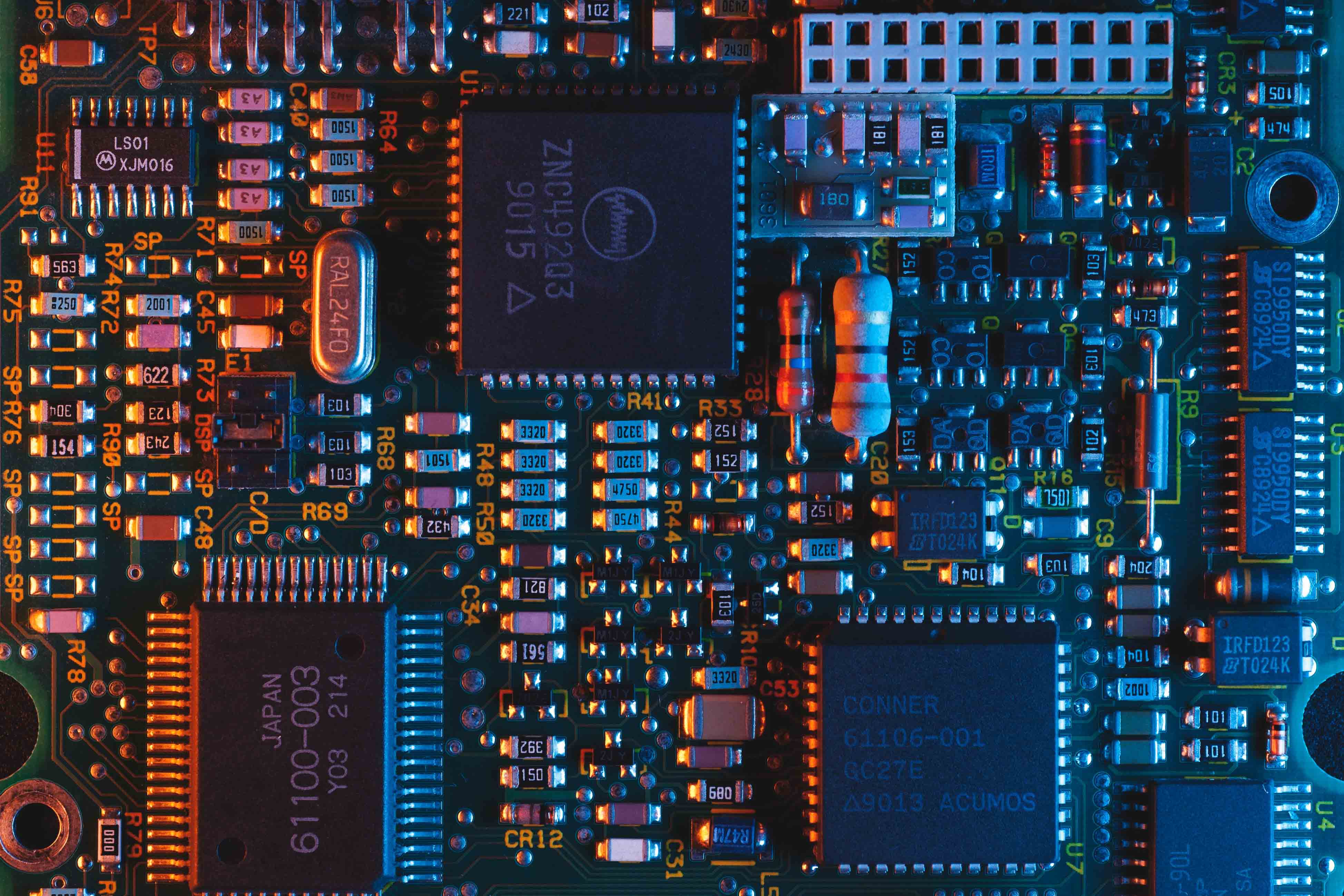September
Civil and Infrastructure - RMIT University Australia
RMIT University is ranked in the top 100 universities in the world for civil engineering. Studying the Bachelor of Engineering (Civil
Engineering) (Honours) offers the opportunity to undertake industry placements either locally and internationally, you’ll be work-ready when you graduate. You’ll also have opportunities to tackle research projects in partnership with industry, including the Engineers without Borders Challenge.
As a graduate, you will be eligible for membership of Engineers Australia, and your qualification will be recognized by all 18 countries that are signatories to the International Engineering Alliance, the Washington Accord. These include the USA, UK, China, New Zealand, Japan, Korea and Singapore.
The programme allows our students to read the first two years of their degree at SLTC & graduate from RMIT University. Under this 2+2 programme with RMIT University, students who have successfully completed two years of specified undergraduate programmes at SLTC.

WANT TO KNOW MORE?
Discover additional information about the program
this programme
IS FOR INDIVIDUALS WHO ARE…
Naturally skilled managers with a passion for project management and similar tasks
Excited about creating and building things
Great at problem-solving and working under pressure
LOOKING FOR…
A globally recognized undergraduate degree
An innovative learning processes
Access to groundbreaking research programmes
TO BECOME
Recognized professionals in the field of Civil Engineering
Lead infrastructure projects of varying scales
Consult and provide civil engineering expertise to government agencies, corporations and businesses
Eligibility Criteria
General intake
The entry requirement is a minimum of 3 ordinary passes (S) in approved subjects in the Physical Science stream at GCE A/L Examinations in one and the same sitting and a minimum mark of 30% for the Common General Paper.
English language requirements when you are transferring to RMIT
IELTS (Academic): minimum overall band of 6.5 (with no individual band below 6.0) Industry-relevant You’ll have a number of opportunities to engage with industry as part of your studies including work placements and industry based projects. Our teachers are experienced professionals and we collaborate closely with industry to ensure our degree meets the needs of the workplace.
RECOGNITION
IN LINE WITH THE WASHINGTON ACCORD
The curriculum of this degree programme is in line with the Washington Accord


MEMBER OF ACU
SLTC Research University is a member of the Association of Commonwealth Universities


Frequently Asked Questions
- Q
- A
PROGRAMME CURRICULUM





WANT TO KNOW MORE?
Discover additional information about the program
Academic panel
Download the student handbook
Check Herecourse fees
Call us on 0112100500 or 0117999000 for updated prices.





WANT TO KNOW MORE?
Discover additional information about the program


People's Bank
Account name: SLT Campus (Pvt) Ltd
Account No: 204-1001-00008426


NDB Bank
Account name: SLT Campus (Pvt) Ltd
Account No: 101000613388


Seylan Bank
Account name: SLT Campus (Pvt) Ltd
Account No: 0670-13076403001
Your future path





WANT TO KNOW MORE?
Discover additional information about the program

